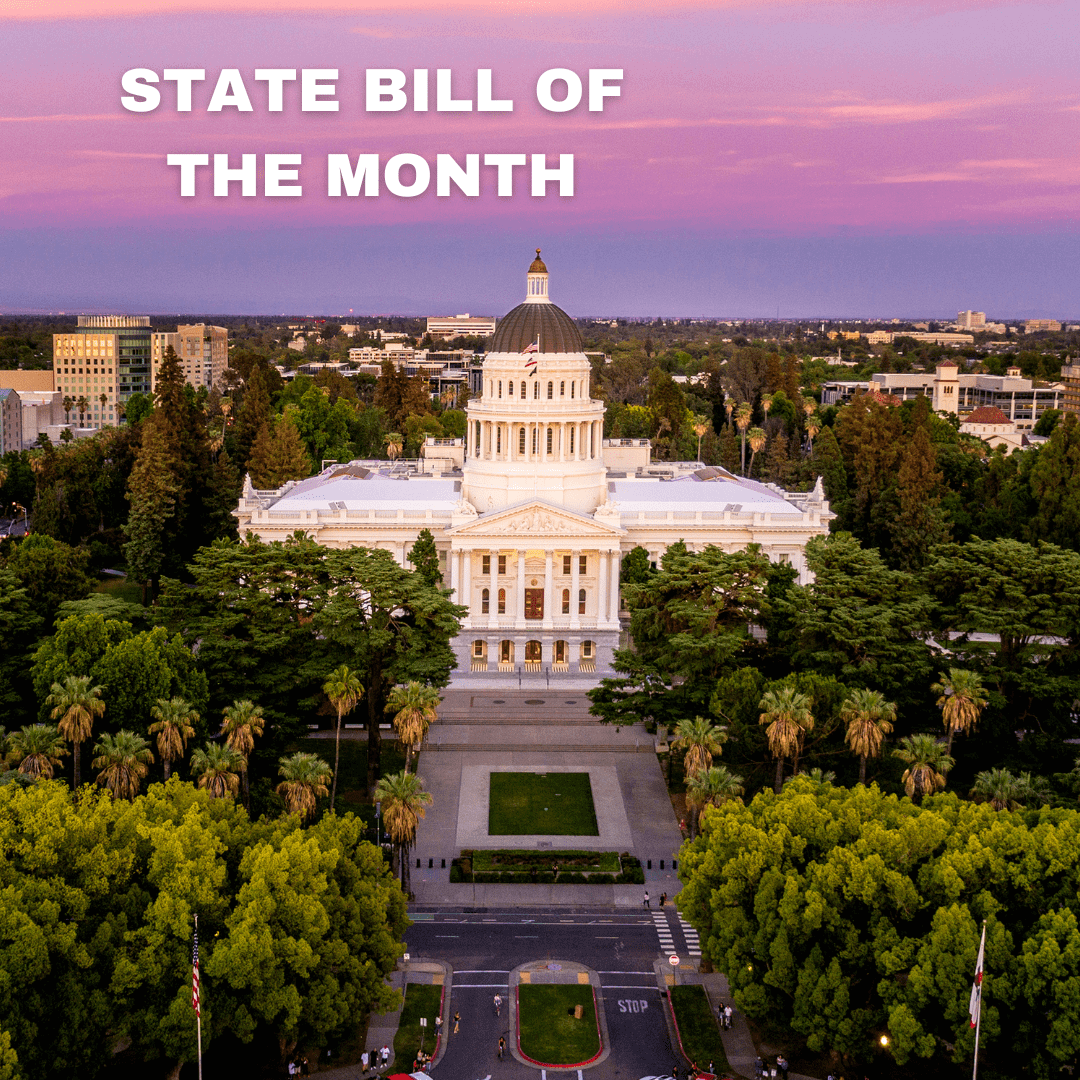
March State Bill of the Month– Texas S.B. 1592
Taxpayers Protection Alliance
March 27, 2025
S.B. 1592 – relating to the collection of state, municipal, and county hotel occupancy taxes by an accommodation’s intermediary.
Primary Sponsor: Texas State Senator Cesar Blanco (D-76)
S.B. 1592:
Introduced by Texas State Sen. Cesar Blanco (D-76), this bill would provide uniformity of tax treatment in the hospitality industry. Taxpaying businesses in the country deserve a tax code that is clear, level and easy to navigate.
Short-term rental (STR) platforms like Vrbo and Airbnb have positively disrupted the market and compete with traditional hotels and other lodging accommodations for vacationers and other travelers.
Under the status quo, the collection of local hotel occupancy tax (HOT) from these online platforms has been dispersed and erratic. This has led to under-collection, confusion, and overall inefficiency in collecting these taxes.
This bill would allow the state comptroller to serve as a centralized point of collection, with collected taxes being remitted to localities. Current local entities with existing taxing agreements will be exempt from this bill. S.B. 1592 would not only make the tax collection process for STRs more efficient, but it will also ensure local governments are receiving the HOT revenue they are legally entitled to. At present, local HOT is under-collected for municipalities across the state. This bill does not impose new taxes on businesses and consumers but allows for the tax-collection process to be streamlined. Allowing STR platforms to collect taxes at the point of booking will ensure the tax system functions smoothly and does not impose unwanted compliance burdens.
This bill was heard during a public hearing in the Senate Economic Development Committee onMonday, March 24. The bill awaits further consideration and action in the committee.
Background:
Currently, STRs in the state of Texas are subject to the state data processing tax at 6.25 percent, but not the state hotel occupancy tax at 6 percent. Local hotel occupancy taxes range anywhere from 7 percent to 13 percent in the state. While STRs are not subject to the state hotel occupancy tax, they still pay a comparable amount of taxes when the 6.25 percent state data processing tax is factored in. Many municipal governments have tax agreements with online lodging platforms already, and they typically are taxed at the same rate as other lodging accommodations.
STRs across the country have come under fire from policymakers and competitors, insisting that STRs should be subject to similar taxes as hotels and other lodging services. TPA opposes expanding the tax base to include more businesses and consumers. If STRs are paying a comparable rate of taxes, they should not be subject to additional taxes. Online lodging platforms in Texas already have a directive from the Texas Comptroller for state HOT collection, while tax collection at the municipal and county level varies.
It is for these reasons, among others, that TPA is pleased to make S.B. 1592, as introduced by State Sen. Cesar Blanco (D-76), its Bill of the Month for March 2025.
